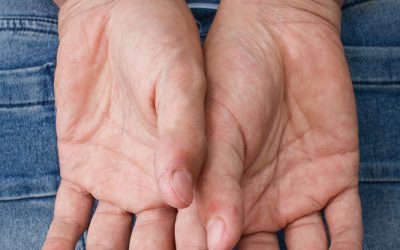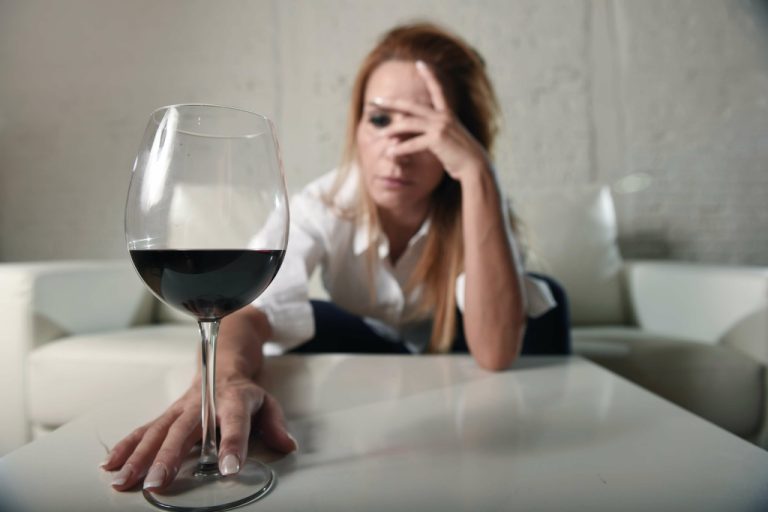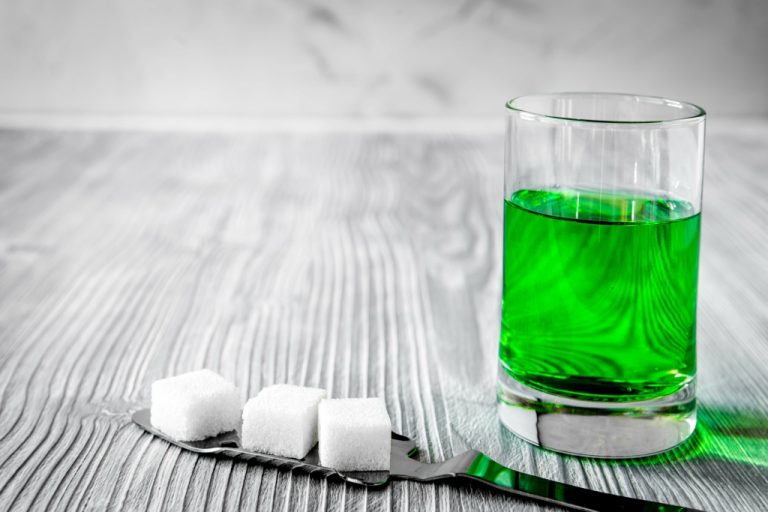Substance abuse treatment is for people whose lives are greatly affected by addiction. It’s typically diagnosed by a medical professional using the DSM-5 criteria to determine the severity of SUD. Outpatient treatment doesn’t require 24-hour care or living in the facility. It suits people with less severe addictions, jobs, and a supportive home environment. The type of addiction treatment you undergo will depend on your personal needs.
Who Is at Risk for Eating Disorders?
- Your therapist or licensed counselor can help you locate a self-help support group.
- Psychotherapy, or talk therapy, is helpful for those living with SUD.
- Recovery from addiction is not only possible, it is the rule, rather than the exception.
- Depressive symptoms such as low motivation, low self-worth, and a flat emotional affect may imitate the effects of chemical intoxication or withdrawal.
- The American Psychiatric Association’s Diagnostic and Statistical Manual of Mental Disorders (DSM-5) has concrete diagnostic criteria for substance use disorders.
- Another widely applied benchmark of recovery is the cessation of negative effects on oneself or any aspect of life.
On entering detox, patients undergo evaluation including testing for the presence of substances of abuse and examination of their mental and physical condition. The evaluation typically includes a comprehensive history and assessment of the patient’s social situation. Care consists of monitoring and medically and psychologically stabilizing patients as they go through the intense discomfort of withdrawal.
- If this happens, or if you have been drinking or using drugs, such as opioids—illicit or prescribed, other prescription medications, stimulants, cocaine, or meth—you should seek medical help immediately.
- The device sits behind the ear and gives off electrical pulses to trigger certain nerves that might provide relief from withdrawal symptoms.
- In addition, immediately attending or resuming group meetings and discussing the relapse can yield much advice on how to continue recovery without succumbing to the counterproductive feeling of shame or self-pity.
- Afterward, committing to change can look like working with a professional in identifying specific goals, coming up with a specific plan to create change, following through with that plan, and revising goals as necessary.
- Design, Setting, and Participants Cross-sectional, nationally representative study using the 2019 National Survey on Drug Use and Health in the US.
- Traditional residential rehab programs usually require a minimum stay of days, but stays of 60 or 90 days are sometimes advised.
Find Support

Grey matter in the brain is connected to the part of the central nervous system responsible for enabling individuals to control movement, memory, and emotions. A recent study scanned participants’ brains with a phone addiction and discovered a change in their brain’s grey matter. According to the researchers, the physical shape and size of their brains resembled that of drug users.

Does Insurance Cover Alcohol and Drug Addiction Treatment?
People who are struggle with other types of addiction can find out about self-help groups in their community either by an internet search or by asking a doctor or nurse for information. However, as a chronic disease, addiction is difficult to treat and https://virtu-virus.ru/bolnye/ptsd-alcohol-problems-co-okkur-v.html requires on-going care. CM is among the most empirically supported strategies for helping clients stay drug-free. It competes with the reinforcing effects of the addictive substance, therefore increasing the chances abstinence will be maintained.
It may be triggered by stress, anxiety, or certain medical conditions. Eating disorders (EDs) are serious mental health disorders with severe and life threatening medical and psychological consequences if untreated. They are not issues of willpower https://kingstep.ru/byvshie/pochemu-muzykalnye-tembry-mozhno-sravnit-s-kraskami-tembr-i-tip-golosa-chto/ or methods of dieting but potentially deadly diseases that require professional medical and therapeutic treatment and support. For some mental health, drug, or alcohol disorders, there are medications that can help improve your symptoms.

Find Healthier Ways to Cope With Stress
Recovery from addiction isn’t just a process of undergoing treatment. What makes treatment effective is a host of changes in the mind of the patient—changes in thought patterns, skills, goals, and, perhaps most of all, sense of self. http://imk.com.ua/v-los-andjelese-zapretili-prodajy-natyralnogo-meha Effective treatment allows people to grow—to grow out of the addiction and out of the emotional conflicts that helped create and maintain it. How effective treatment is depends to a considerable extent on how recovery is defined.
Suicide & Crisis Lifeline
They also provide a community where you can share your experiences with understanding peers. Behavioral therapies can be done one-on-one, as a group, or with family, depending on the person’s needs. Sessions gradually reduce over time as the person’s symptoms improve. Inpatient treatment takes place in residential facilities offering 24-hour care. This is usually for people with severe addiction or those requiring constant supervision.
Findings can inform national efforts needed to increase equitable access to MOUD in the US. In the addiction world, “rehab” typically refers to a residential treatment program that lasts for a minimum of 30 days There are many types of programs in many types of settings. In most, days are structured with individual and group therapy, medication management (if needed), and activities focused on rebuilding general physical and mental health. Some programs offer alternative forms of treatment such as equine therapy, wilderness excursions, acupuncture, yoga, and more. Rehab is not considered full treatment of addiction problems because it does not provide for gaining and practicing recovery skills under the pressures of everyday life. Good rehab programs provide linkage to aftercare programs in a person’s local community.